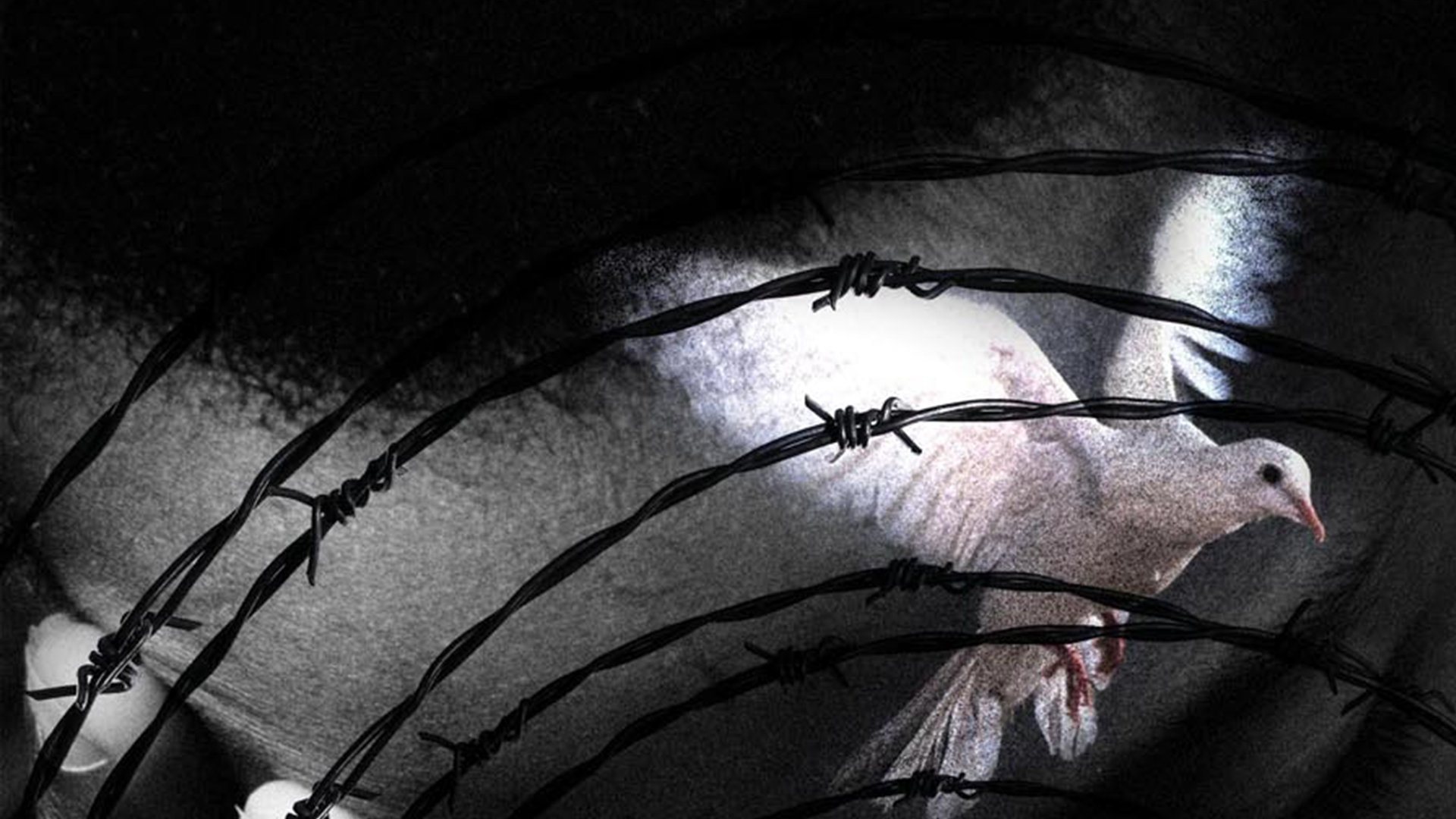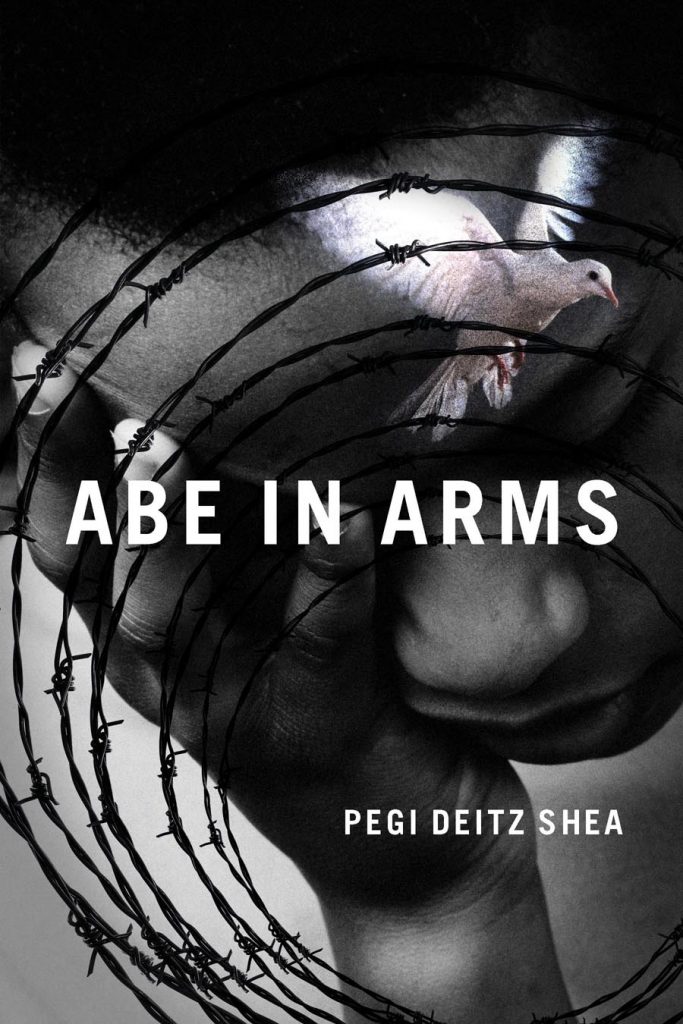By Lyn Miller-Lachmann
Timesunion.com
June 6, 2010
As anyone who has bought a Kindle or iPad knows, things are changing in the publishing industry. Twenty-five years ago, when I started a small press to publish young adult fiction on cutting-edge social issues, I had to print large quantities of books and find a place to store them until I could sell them. Today, print-on-demand technology has eliminated the need for small and self-publishers to stack boxes of books in their basement or garage, because books can be printed quickly and relatively inexpensively to fulfill orders as they come in. Electronic books require no printing time or storage at all.
This is encouraging news for a new generation of small press publishers who seek to provide alternatives to Big Media. Several months ago, I received a thick catalog from one of those new publishers, PM Press. Founded in Oakland, California, in 2007, PM Press and its associated imprints and co-publishers now have more than 100 titles in print, including fiction; poetry; books on music, art, film, history, and current events; and children’s books.
I was particularly interested in PM Press’s first young adult novel, Abe in Arms by Pegi Deitz Shea, published under PM’s children’s imprint, Reach and Teach. Shea has written a number of award-winning picture books and titles for older elementary age readers that present the stories of immigrants, refugees, and historical figures who changed the world. Among her distinguished books are the biography Noah Webster: Weaver of Words, the stories of Southeast Asian refugees The Whispering Cloth and Tangled Threads, and the fictionalized account of the life of Pakistani anti-child labor activist Iqbal Masih, The Carpet Boy’s Gift.
Released this month, Abe in Arms is the story of 17-year-old Abraham Elders (born Abraham Odo), adopted from a refugee camp in Liberia at the age of 13 by a well-to-do African-American family living in Maryland. In his senior year of high school Abe seems to have the perfect life—a loving family, a brother to whom he is close, an adoring girlfriend, good grades, and the possibility of a Division I track scholarship. But as the book opens in the backseat of his girlfriend’s car, Abe suffers a flashback to his old life in Liberia, where he witnessed unspeakable horrors during the country’s long civil war.
Abe and his adoptive father, Dr. George Elders, thought that a year of counseling after his rescue and adoption were enough to quell the traumatic memories, but as Abe’s flashbacks become ever more frightening and violent, those who love him don’t have the answers to help him. A new round of therapy opens the floodgates, as Abe recounts the life of his best friend in Liberia, Steven, and the heartless “James,” whose worship of the rebel commander Grant leads him to undergo and then commit horrible atrocities as a child soldier.
Abe in Arms is a gripping tale that takes its place in the sad but necessary literature of Africa’s child soldiers, joining such classics as Ishmael Beah’s memoir of fighting in Sierra Leone’s civil war, A Long Way Gone; What Is the What, Dave Eggers’s fictionalized story of Sudanese child soldier Valentino Achak Deng; and the late Ahmadou Kourouma’s Allah Is Not Obliged, set in the Ivory Coast. Shea’s novel will have special appeal to teen readers because of Abe’s daily concerns in the U.S.—his adopted brother Niko’s habit of drinking and driving, his ambivalence about having sex with his girlfriend, not-so-friendly competition with his track teammates. Teen and adult readers will be drawn in by the question of how a young man, whose childhood has been stolen from him by war, struggles to live a normal life.
The situation in Liberia is particularly relevant for readers in the United States because in the first half of the nineteenth century, many abolitionists saw the U.S. colony as a potential home for enslaved African Americans; however, those who returned through the efforts of the American Colonization Society disrupted the lives and livelihoods of the indigenous people, sowing the seeds of later ethnic conflict. In the past two decades, many refugees from Liberia have found refuge in the United States, with sizeable populations in and around New York City, Washington, D.C., Boston, Atlanta, Philadelphia, and Los Angeles. Liberia’s rebel leader and former head of state Charles Taylor is currently on trial in The Hague for crimes against humanity committed in neighboring Sierra Leone. With the trial currently taking place (for more information, visit The Trial of Charles Taylor: A Project of the Open Society Justice Institute), Abe in Arms offers a powerful depiction of the conflict’s impact on the people of the region and its repercussions years later.
Disclosure statement: Reviewed from the finished book, received by the author.







